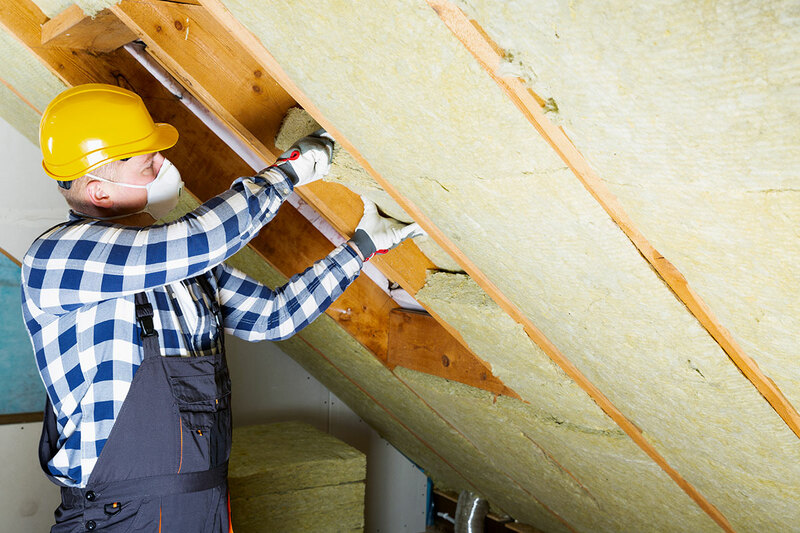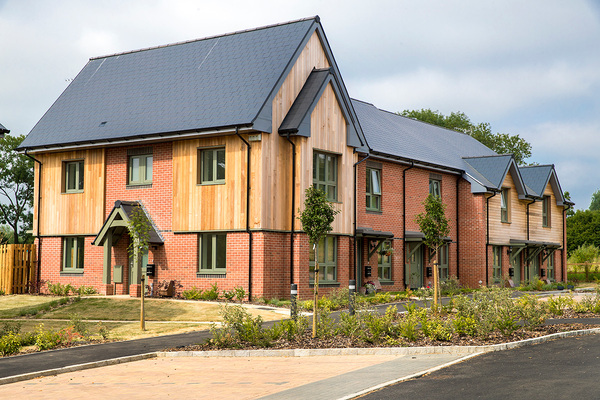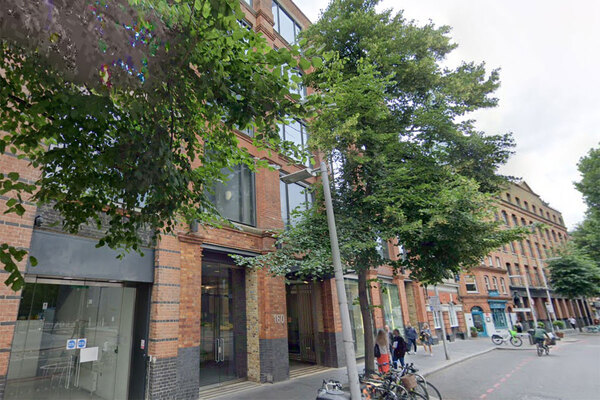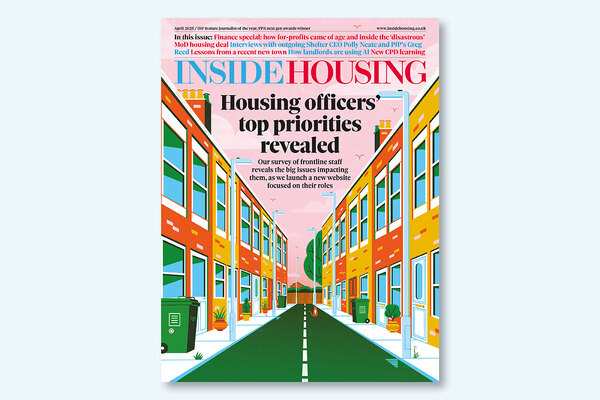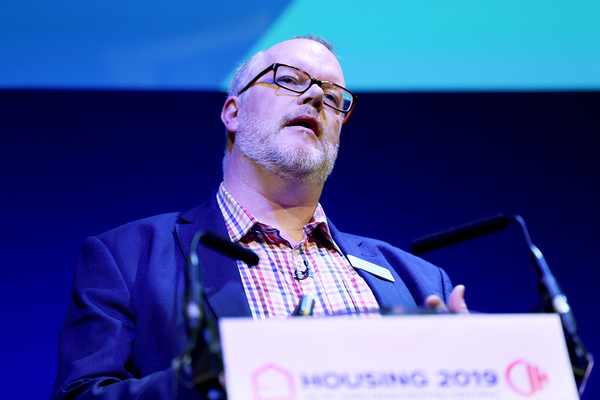Sunak confirms £2bn Green Homes Grant
Rishi Sunak has confirmed that the government will introduce a £2bn “Green Homes Grant” and launch a £50m fund to pilot approaches to decarbonising social housing.
Delivering his plan for the country’s recovery from the economic impacts of the coronavirus pandemic today, the chancellor said that from September, owner-occupiers and landlords will be able to apply for vouchers through the £2bn scheme to make their homes more energy efficient.
The grants will cover at least two-thirds of the cost of the work – such as loft, wall and floor insulation – up to a limit of £5,000 per home.
Low-income households will be eligible for vouchers covering the full, cost up to £10,000.
However, it is not yet clear whether the programme will be open to both social and private landlords.
A spokesperson for the Treasury told Inside Housing that more details on the design of the scheme will be announced ahead of its launch.
Documents accompanying the chancellor’s speech said that a separate Social Housing Decarbonisation Fund will “help social landlords improve the least energy-efficient social rented homes, starting with a £50m demonstrator project in 2020-21”.
As well as the £2bn voucher scheme and the £50m social housing pilot, the government will release £1bn to improve the energy efficiency of public sector buildings.
The measures were widely trailed in national media ahead of the speech.
Mr Sunak said today: “Taken together we expect these measures to make over 650,000 homes more energy efficient, save households up to £300 a year on their bills, cut carbon by half a megaton per year equivalent to taking 270,000 cars off the road, and most importantly right now, support around 140,000 green jobs.”
But shadow chancellor Anneliese Dodds said the £50m promised for social housing “is just a seventh of what the Conservatives said they would be spending every year”.
The Conservatives’ costings document for its general election manifesto pledged a Social Housing Decarbonisation Fund totalling £3.8bn over 10 years, including £60m in 2021/22.
The government has set a target to make all homes net carbon zero by 2050.
Estimates by social housing landlords have put the cost of making homes carbon neutral at around £20,000 per home.
At that cost, £50m would pay for works on around 2,500 homes. There are four million social homes in England.
Clare Miller, chief executive of 125,000-home landlord Clarion Housing Group, said: “Retrofitting and improving homes is complex and is expensive so getting government assistance to help us with some of those solutions is very positive. I would hope it’s open for bids from organisations that want to pursue innovation.
“The bill to make social housing carbon neutral is certainly far greater than £50m, but this money enables us to look at some solutions that would have otherwise taken us much longer to get to.
“It will mean that we start to address the problem earlier and so there’s a fighting chance that the bill will not be as extreme as we previously thought.”
Rob Wall, head of policy at the National Housing Federation, says: “We are pleased to see Rishi Sunak recognising the need to make social housing greener and more energy efficient.
“We have been asking government for investment in a retrofitting programme, to match the investment already being made by housing associations, and are glad to see they have listened.
“It is important that this £50 million pilot starts quickly so the findings can be used to shape the £3.8 billion social housing decarbonisation funding that was committed in the Conservative manifesto in December.
“It is only through investment of this scale that we can take on the climate crisis.”
The £2bn voucher scheme is reminiscent of the Green Deal, which provided funding for energy efficiency home improvements, with households repaying the costs as they made energy savings.
Ministers stopped funding the programme in 2015 because of low take-up and concerns about standards in the energy efficiency sector, with only around 15,000 homes receiving upgrades.
Hannah Langford, partner at law firm Devonshires, said: “Registered providers have long been calling on the government to introduce incentives and to firm up the supply chain so that retrofitting can be delivered at a cost and pace to meets their carbon targets.
“Today’s announcement will enable registered providers to start planning for their retrofit programmes which until now have not been possible given the prohibitive cost.”
The chancellor’s speech – which focused primarily on keeping people in work – also included announcements that stamp duty will be temporarily cut on property purchases up to £500,000 and that businesses will be eligible for a £1,000 job retention bonus for each employee kept on until January.
Sign up for our daily newsletter
Already have an account? Click here to manage your newsletters
